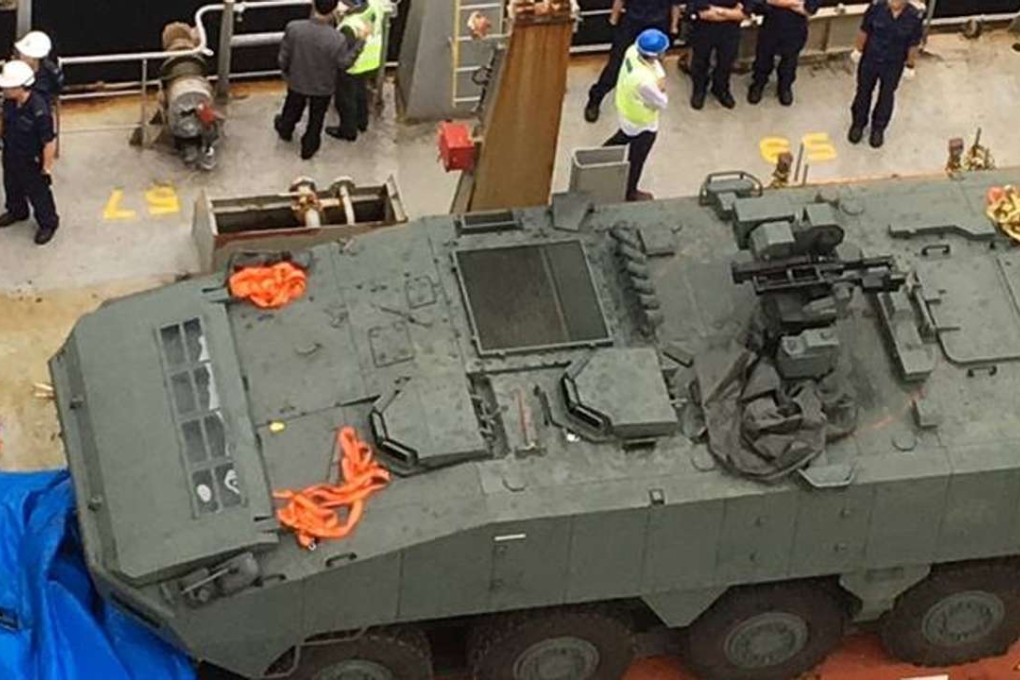Sino File | Why Beijing and Taipei must learn the art of compromise
A hot war between cross-strait rivals seems unlikely, but a cold peace will last as Beijing continues to ramp up the pressure

Democracy requires smooth transitions of power between parties from across the political spectrum.
This throws up a problem for Taiwan, as the biggest political variable for the self-ruled island is the communist leadership across the strait.
Because of this, many observers see the transitional period surrounding Tsai Ing-wen’s presidency as risky even though her first six months in office have passed, for the most part, smoothly.
Watch: What’s going on with the Singaporean military vehicles in Hong Kong
Singapore’s refusal to halt military ties with Taiwan ‘prompted Beijing response to seizure of military vehicles’
The political dilemma facing Tsai, of the independence-leaning Democratic Progressive Party, is that Beijing wants her to recognise its cherished “one China” principle – an agreement reached by both sides in the so-called 1992 consensus that the island and the mainland comprise one sovereign state, but leaves open to interpretation the nature of that state.
